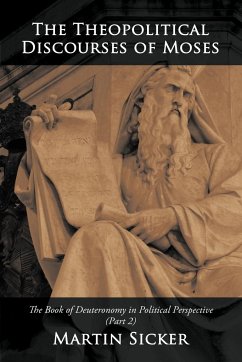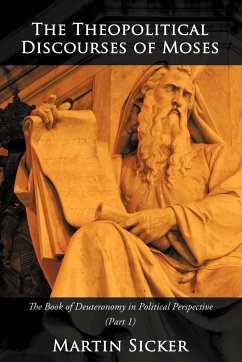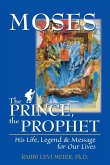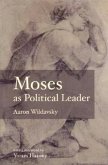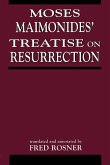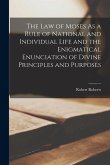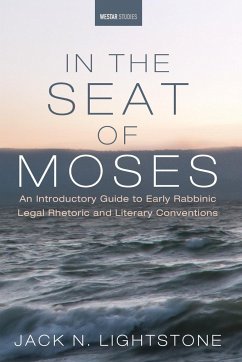The Book of Deuteronomy, the last of the Five Books of Moses or Pentateuch, consists in the main of Moses' final discourses delivered to the children of Israel as they stood poised to begin the conquest and settlement of the land upon which they were to build a national society. The central concern of Moses, as reflected in these discourses, is with the challenge of nation building, creating an Israelite nation out of a mélange of ethnically related tribes and clans that were just liberated from centuries of subjugation and servitude in a relatively sophisticated pagan environment. That which is to bind them together is not a compact between them but rather a common covenant with God to which all would be equal parties. Many of the terms of the covenant were revealed incrementally in the earlier books of the Pentateuch. However, it is only here in Deuteronomy that Moses begins to give them the clearly discernible shape of a constitution for the covenantal society to be established as a nation-state in its divinely assigned territory. Within the constitutional framework set forth in the work is a range of precepts, rules, and regulations governing both those matters that are between man and God and those between man and man, understood as the two sides of a common coin, the covenant. In the effort to comprehend and explain the highly complex biblical text, the author has consulted and cited a wide range of commentaries and studies written over a period of some two millennia that have sought to understand the biblical texts from a variety of perspectives, many of which are virtually inaccessible to those without a good working knowledge of Hebrew.
Hinweis: Dieser Artikel kann nur an eine deutsche Lieferadresse ausgeliefert werden.
Hinweis: Dieser Artikel kann nur an eine deutsche Lieferadresse ausgeliefert werden.

